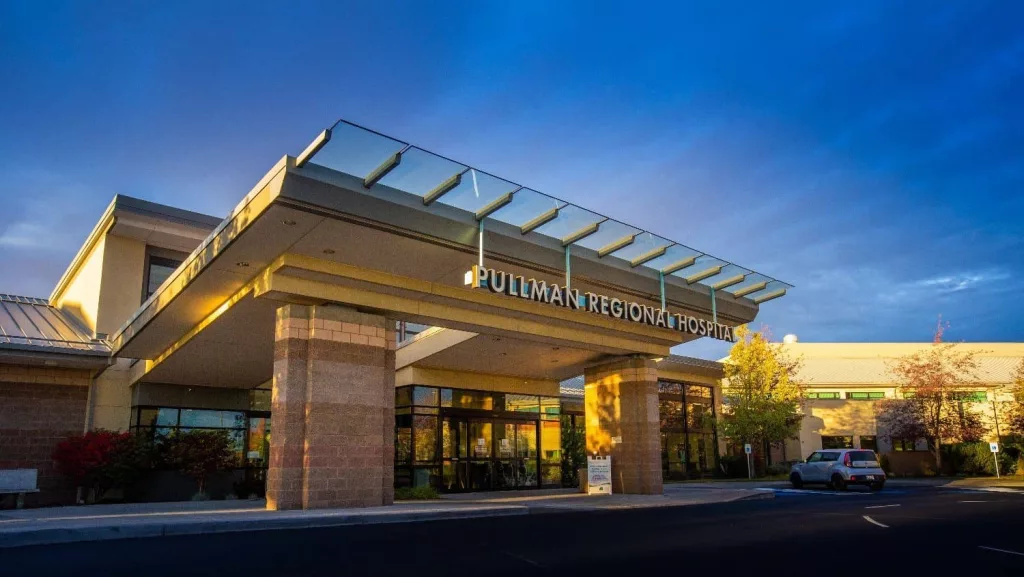PULLMAN, WA – Pullman Regional Hospital has been highlighted in a recent study published in the American Journal of Gastroenterology, examining the use of computer-aided detection during colonoscopies. The study focused on the technology’s impact on identifying polyps and pre-cancerous tissue.
The study, titled “A Retrospective Study Examining the Impact of Computer-Aided Detection on Adenoma Detection Rate Amongst Non-Gastroenterology Endoscopists in a Rural Medical Center,” was conducted by a team including Dr. Pierce Claassen, an internal medicine resident at the Mayo Clinic and WSU Elson S. Floyd College of Medicine alumnus; Dustene Johnston, RN and director of Pullman Regional’s Same-Day Services Department; Dr. Benjamin Adkins, a family medicine physician; and Drs. Nancy Panko and John Visger, both general surgeons with Pullman Surgical Associates.
Over three years, the study compared adenoma detection rates with and without the use of GI Genius™, an artificial intelligence-powered detection system. The results showed a 5% increase in detection when the technology was used.
“Five percent is very meaningful,” Johnston said. “The New England Journal of Medicine found that each 1% increase in adenoma detection rates corresponds to a 5% decrease in the risk of fatal colorectal cancer. Catching cancer early saves lives, and this is making a difference in our community.”
Dr. Claassen noted that the study was unique because it evaluated computer-aided detection in a setting where most colonoscopies are performed by non-gastroenterologist physicians. Johnston added that Pullman Regional’s detection rates already exceeded industry standards, and the GI Genius technology has further improved outcomes.
The hospital currently has two GI Genius systems, both funded through a grant. Colonoscopies are performed in sterile endoscopy suites and are covered by most insurance plans. Current guidelines recommend an initial screening at age 45 for individuals with average risk, followed by screenings every 10 years if no tumors or family history are present.
Pullman Regional performs approximately 3,000 colonoscopies annually with a team of physicians, nurses, and anesthetists. Johnston emphasized the collaborative effort behind the study’s success, stating, “The GI Genius is like another team member, but we couldn’t have implemented it without the dedication of the entire endoscopy team.”





